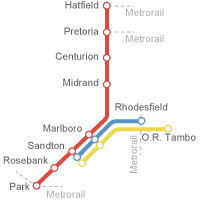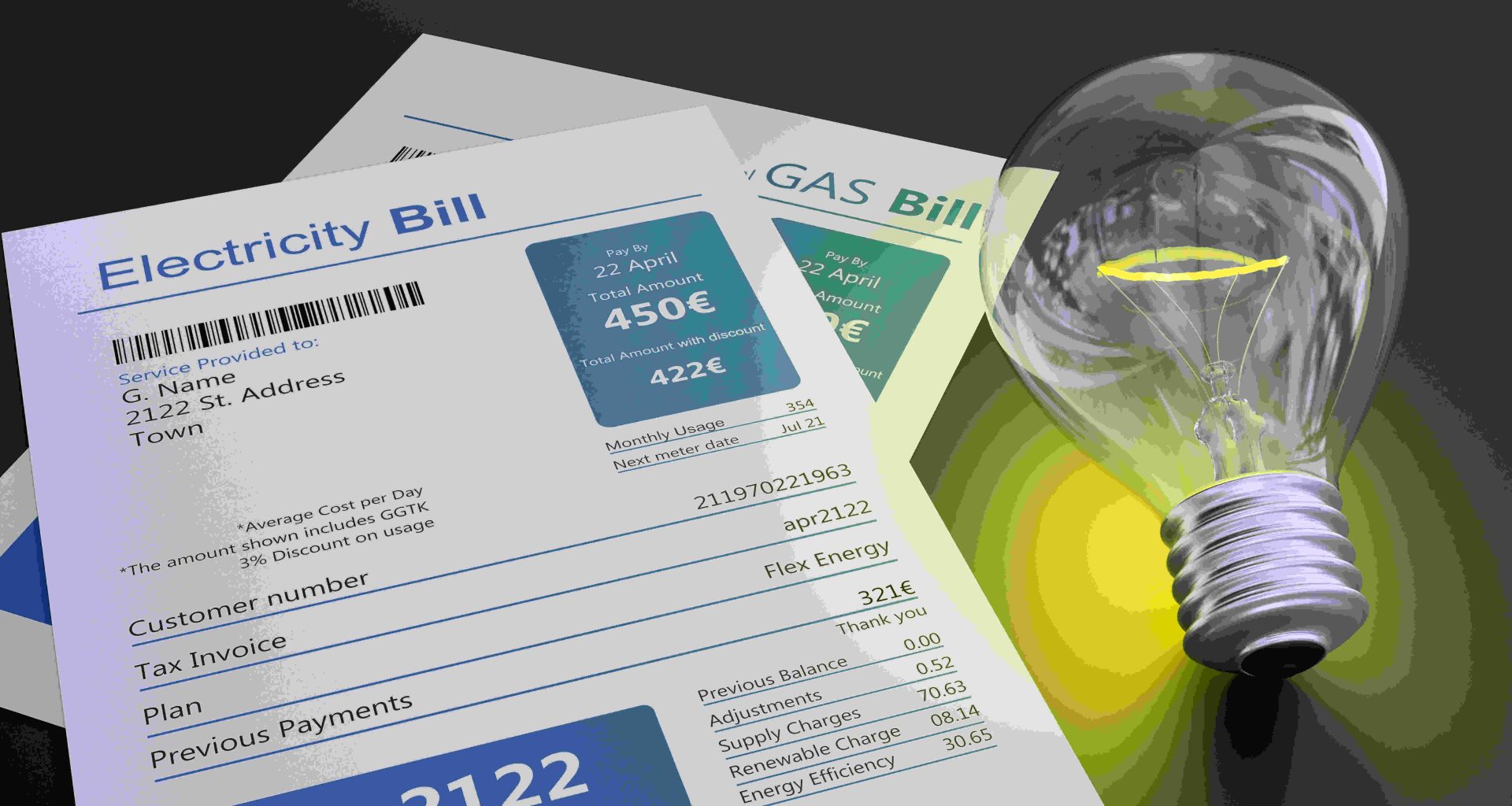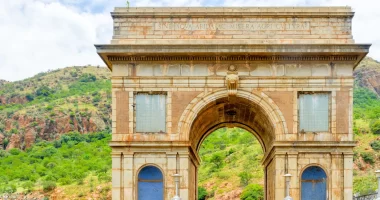Thinking of moving or visiting Gauteng for a while but don’t have a clue about what to budget for or what the cost of living in South Africa is. You have come to the right place. I have been living in Gauteng, South Africa for over 6 years now, and know a thing or two when it comes to the cost of living in the country. I’ll break down for you all expenses you need to budget for with figures on a monthly basis.
Advertisement
What is the cost of living?
It’s the amount of money that people need to spend in order to cover their expenses and buy basic goods or services such as food, drinks, clothes, utilities, and housing.
Things to take note of budging: Housing, Utilities, Transportation, Groceries, Leisure, Education, Data, Medical Aid, Clothing, and Gym.
1. Housing (Rent)
Finding a place to stay is the most crucial part of relocating. It’s also the most expensive part of your budget, not to mention housing in South Africa is expensive. All your expenses are depended on how many you are. If you are more, you will have to spend more money.
In most cases, you will be renting a house instead of purchasing a house. The rent options available are sharing apartments, one, two, or three-bedroom apartments, and a studio apartment.
The prices of the apartments depend on the number of rooms and the location of the apartment. You need to consider the distance of your accommodation with that of where your work or school is located.
You will be required to pay a deposit when moving into a new apartment. The deposit amount is always equivalent to your one month’s rent. This money is refundable at the end of your lease. If there are any damages in the apartment, your landlord will deduct the cost from your deposit.
On average you can get a shared apartment for R2500 or more in Gauteng. For a two-bedroom apartment in Midrand, it ranges from R8000 to R15 000, in Soweto, it’s from R2000 to R5000, and in Northcliff R7000 to R10 000. Prices vary from location.
You can find sharing apartments on Gumtree and the rest on Property24.
2. Utilities
It is very important to read your lease agreement thoroughly. You need to know what are the extra charges to your rental agreement and what will be included in the rent amount to avoid disputes later on.
Most apartments come with prepaid meters for electricity. Which simply means pay as you go. Water is mostly included as part of your rent in Gauteng, there is no extra charge for it. For some apartments, you will have to pay for refuse and parking separate from your rent amount.
You will spend R300 to R600 on average for electricity monthly when you are living alone.
3. Transportation
Gauteng has so many transportation options you can choose from. You have options of Uber, DiDi, inDriver, Bolt, local taxis, meter taxis, and Gautrain. Uber is the most expensive because its fare will depend on the distance and they are not fixed but they are one of the safest options.
inDriver is on the cheaper side as you determine the amount you are willing to pay and enter it into the app. DiDi is one of the newest apps and I’m not so familiar with it but it’s more like Bolt.
Currently, Bolt is not the safest of apps as a lot of people that used them have been robbed or raped by the drivers, I had an incident myself where the driver drove off with me, passing my destination but lucky drop me off. I was extremely lucky nothing happened to me. Bolt always gives promos, even up to 70% off the ride.
Advertisement
Local taxis are the cheapest but you need to have patience with them, as they only drive once the taxi is full. The local taxis are mostly in the form of minibusses. The lowest price you will be charged is R14 per trip.
Gautrain is the best option as it is the fastest and safest, the only problem is it doesn’t go everywhere. There’s a specific route it takes as shown below.

4. Groceries (Food)
You can spend R1000 to R1500 including toiletries monthly on groceries.
If you live in Midrand you can buy your meats at Midrand Hyper Meat and Chicken at Boulders, they have the most affordable meats, fruits, and vegetables that are fresh as well. For all your solid dry foods you can buy at Pick n Pay and all toiletries at Clicks.
5. Leisure (Outings)
You should budget R500 to R2000 for this per month. It also depends on how outgoing you are. You will spend less if you are not so outgoing and prefer to order in and watch movies at home.
If you are more on the outgoing side you will spend more on movies at the cinema, event tickets, restaurant outings, or on nightlife. On average you will spend R160 to R400 on a meal at a restaurant per person.
6. Education
Most of us relocated to South Africa for Education. They truly have a good education system compared to most other African countries.
You will spend R80 000 to R120 000 per year on tuition fees as a foreigner. This amount includes Foreign levies. I spend R98 000 a year on my tuition fees.
Primary and Secondary School is free in South Africa for everyone but if you want to go to a private school or send your child to a private school, you will spend R36 000 or more per year.
7. Internet (Data)
In this day and age, no one and I mean absolutely no one can go without Data. The Internet is such an important part of our lives. Some would say it’s equivalent to water.
South Africa has so many mobile networks, I have even lost count but the main ones are Vodacom, Cell C, MTN, and Telecom. Vodacom is the more pricey one but has the most network towers, you will hardly have network problems, no matter where you are.
Cell C is the cheapest, I call it the student network. The only downside to it is that you will struggle with connection. You can buy a Vodacom sim and pay R300 for 1GB for 30 days.
Wifi is cheaper than buying monthly or daily data. You can use Rain Wifi for R479 monthly. It works way better when you are in a good area or else you will come across connectivity problems as well.
8. Medical Aid
It’s compulsory to have medical Aid as a foreigner in South Africa. Medical Aids range from R4000 p.a for students and even more for adults. Without medical aid, a general practitioner consultation is R450 or more and you still have to pay for medication separately.
I used Momentum which is very affordable but you can check out Discovery as well.
9. Clothing
Female clothing is cheap in Gauteng, you can get great outfits from MrPrice, The Fix, and Legit. Prices for dresses start from R80.
If you are on a budget you can always go to small street or marabasat for cheap affordable pieces but most of them are not quality items. You get most of the trendy items at these two places.
10. Gym
You can go to Virgin Active Gym, the price range is R310 to R1200.



